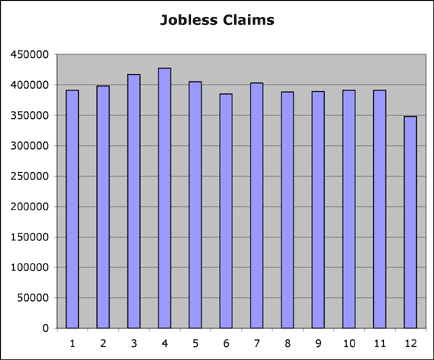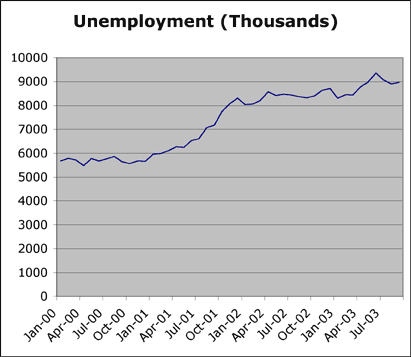Bush’s remarks on Middle East Democracy are quite fortuitous, since I wanted to talk some more about that war of civilizations thing. Bush is about to say, or said, that the changes we want to see in the Middle East are not “synonymous with Westernization.”
But that’s really the heart of the matter. The thing we call Western culture (and if ever there was a loose definition, there it is) is immensely viral. It spreads. It is intensely aggressive. Give us a new market, and we’ll shoulder our way into it if it all possible. McDonalds on every corner, etc., etc.
Is our civilization at war with Islam? In the sense that it’s doing its damnedest to spread into the Middle East, you bet. In the sense that we’re directing military activities which include deliberate cultural propaganda, not at all. However, it is wise to remain aware that there’s something pretty threatening about Western culture from the outside.
But this aggressiveness is not characterized as war except by extremists on that side of the fence, in the same way that nobody believes we’re at war with drugs except rhetoricians. (Parenthetically, do you think Stephen King worries about the War on Terror breaking down his door? Probably not.) It’s a conflict, but it’s not a war.
It’s also not one I feel terribly bad about. Free speech is one of my most cherished values. It’s not my job, or anyone’s job, to make people stop watching crap Hollywood movies. If a culture wants to compete, it should take a page from India and Bollywood. If you don’t like what people are reading, write more relevant books.
There’s a pretty fierce argument lurking somewhere around here about the aforementioned McDonalds and Wal*Mart. This is, of course, the monopoly problem. I am going to avoid it on the grounds that “Western culture” was spreading before either behemoth strode the global stage; I am also going to cite the trend of various nations to eschew Microsoft in their governmental software purchases. It is not as easy as it should be to compete with the big American countries… but it’s not impossible, either.


